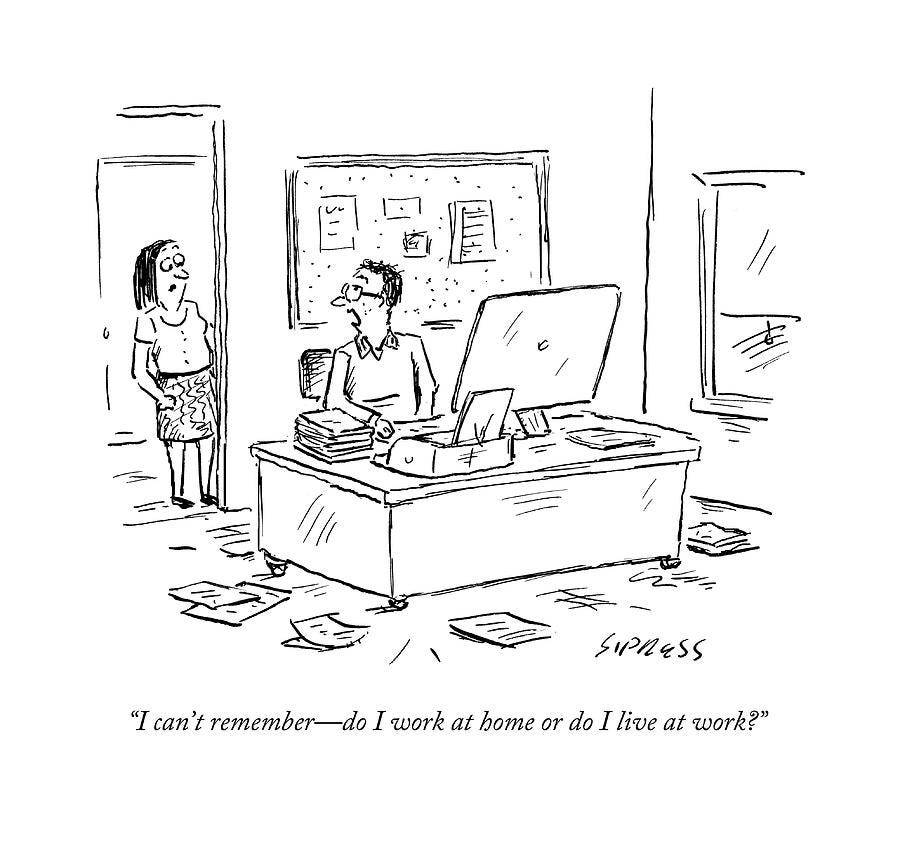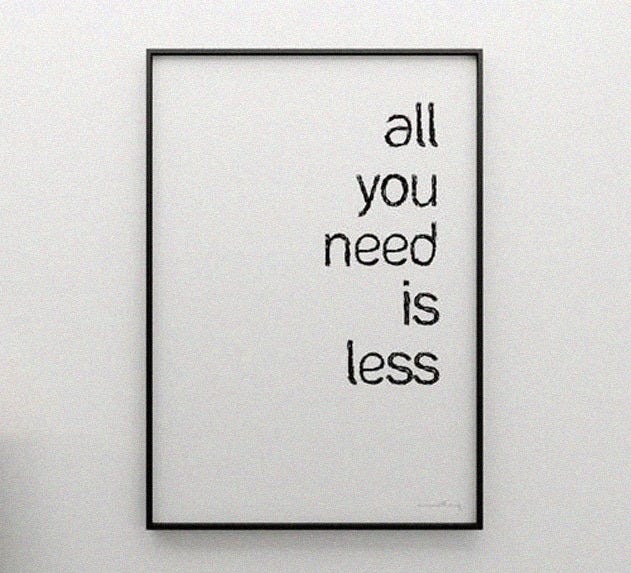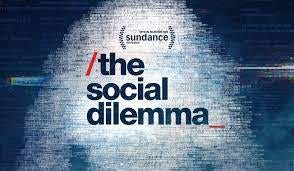Six Thoughts for the next Six Months
The Future Does Not Fit in the Containers of the Past. Edition 6.
It has been more than six months since the first Covid-19 lock downs began all over the world.
It will be at least six months more before we emerge from our constrained lives since it will be at least April 2021 for a vaccine to be broadly available. In reality, June 2021 or September 2021 are more likely dates for widespread vaccine availability.
Therefore, instead of planning for the next week or next month it behooves us all to plan for six months to a year more of a life closer to the constraints we have been living under during the past six months than any return to life in 2019.
Here are six thought to consider and ponder on how best to make the most of the six months (or more) ahead.
1. There will be no New Normal but a New Strange

Almost six months ago I wrote a piece called The Great Re-invention which anticipated that there would be no return to any “New Normal” after the shock of a health, financial, and social crisis of such great scale (everybody in the world) and duration ( six months or more).
People, Businesses and Society’s fragility had been exposed and to restore resilience there would be a great deal of re-wiring and re-thinking of lives and organizations as everyone sought safety, security and a new way to engage, impact and rejuvenate society at every level.
Re-reading the piece six months later it has been eerily prescient in a) calling out the social unrest we have seen in countries though it was written before the George Floyd murder, b) anticipating that business would not bring back many of the jobs ( in the US 11 million remain unemployed due to Covid-19 and a new round of layoffs have begun as companies from airlines, to hotels to restaurants realize that it could be another year of constrained and diminished business and c) anticipating a complete new architecture for the contours of most businesses.
Think of how you would have done things differently if you knew six months ago what you know now. The good news is you have a chance for a re-do because life for the next six months is going to be more like the past six.
It is time to start planning forward versus regretting backward, thinking of a world where you are starting vs restarting, and where your future is about re-inventing and not restoring.
2. The future of work will be forever changed.

Over the past six months I have spoken with hundreds of people from CEO’s to students, across industries and across countries and some common themes keep emerging.
Here are three comments that best summarize the mind shift that is underway.
“ In the past you had to explain why you were not in the office. In the future you will have to explain why you need to be at an office. Most likely you will need to be in the office if you have to access to equipment, meet clients, need to learn or do a task which requires collaboration and relationship building. Most likely this will be for most people less than a quarter of what they do. So everybody is re-thinking what an office is and where offices or gathering places need to be”
“ Re-mote working has been far more positive than we expected but there are three key challenges. The first is burn-out and wear-out after six months of working from home (see cartoon below), the second is the draw down of relationship equity as it is harder to build and replenish relationships completely virtually since much is missed without human contact, and the third is the challenge to train and educate including new hires”
“ Almost nobody among our employees or management can ever see going back to the way we were working in 2019. There is no doubt that we will do less of many things such as travel for business, physical participation in industry events, and time spent commuting to or being in the office but also we will be looking for more flexibility in who, how and where we hire and more ways to save and streamline every cost component”
3. Build your Screen Skills.
Scott Peters a co-founder of Growth Catalyst Partners, a Private Equity firm that I advise sent me this slide. The orange is the time we spend on video conferencing…
I agree with Scott that even when we go back to traveling and into offices Zoom, Microsoft Teams, WebeX, Google Meet and their successors will be a dominant form of the future of work.

In my book one of the chapters that has resonated the most is one called “Schedule More Meetings”. People thought I was insane but in reality most of the meetings we dislike at work are not really meetings but stare-a-thons. Yes Stare-a-thons where we all gather around a screen staring at it or staring at our laptops or looking down at the mobile device beneath the desk on our knees.
The real meeting happened before or after and most of us are bored to death but if we were not invited we would have felt slighted and now that we are there we wonder why we are there spending an hour being informed in slow mollases motion what we could have been told in five minutes.
Powerpoint is increasingly the crutch that most of us do not need to rely on so much.
Try putting everything down in a paragraph or two and then say it. Then let us have a meeting discussing, building, engaging.
A meeting is when you look at someone face to face and the supporting materials are supporting materials. I find Zoom and other technologies allow for better meetings than the herds that used to gather around screens in rooms filled with stale coffee and aroma of decaying pizza.
Here are three key hints of great video skills besides minimizing slide ware.
a) Generosity: Decide what gift you will give. This could be a point of view, a perspective, a provocation or a plan of action. Something that helps those who listen.
b) Empathy: Understand where the person or people are coming from when you speak to them. Customize your comments. Try to understand that Clients, Vendors and Employees are people too.
c) Energy: People are worn out with Zooming. Find ways to uplift their spirits by replenishing their energy by providing clear next steps, making them believe in themselves and saving them time.
4.Plan your career as if you were a company of one.

You will spend more time working remotely at home in a company which will be looking for ways to plug and play into talent in the ways they access services (software as a service, everything as a service) .
Think of yourself as a better paid Uber driver with benefits if you work for a company. If your expertise is needed at that time or in a particular market and location, and your collaboration and ability to work in teams is highly rated you will be in demand. If not, as companies manage and monitor costs and increasingly find ways to plug into resources all the time everywhere you will find yourself parked permanently.
Or think of the Hollywood model where expertise come together on tv or movie projects and then the people disband and move on. Very few people work at a Studio. Most people work in teams where they bring their skill whether it be casting, directing, catering or make up etc. The future of business will be similar as companies begin re-aggregating expertise around projects versus having hordes of generalists or people hanging around for a project. McKinsey and Bain have done this for years.
I am not suggesting that everyone will be a freelancer going from gig to gig but if you build your career with the mindset of continually honing expertise, working well with other people in teams and being flexible you will succeed in your company of tens of thousands versus thinking of yourself as a cog in big machine waiting for someone to care for or build your career.
That world was already ending and now in a world far faster, far more remote, far more plug and play the onus is on us and not them at the company.
One way to seize your future is to read A Company of One by Paul Jarvis. He ask us to consider if the real key to a richer and more fulfilling career , is to be able to work for yourself, determine your own hours, and become a (highly profitable) and sustainable company of one? If you can not be really good at something you love and be able to thrive wherever you are not truly unleashing yourself.
Another is to spend the next few months truly building out your online presence.
Your resume is not what is on your hard drive or Linked In it is a sum of your web presence, particularly the first page that people see on Google when they search for you. Go look at it today. Go look at news. Go look at pictures. Go look at videos. This is you as the future becomes more distributed and digital.
To help create a better presence think of being active on Twitter and LinkedIn, develop a website ( using Square Space or some other service), think of writing a blog on some passion or hobby or even start a newsletter.
5. For many of us all we need is less.

For many people the tragedy of Covid-19 has been a lack of food, shelter, jobs, money and health care.
For many others especially people with white collar jobs that can be done safely remotely we are realizing that with the exception of space we could do with less.
How many of the things you have, the clothes you wear, the routines and travel you are you using or are you missing?
All the frenzy of movement and meetings and much more remind me of William Wordsworth …THE world is too much with us; late and soon,
Getting and spending, we lay waste our powers..
Many people are using this time to re-consider their lives and most find all they need is less.
And if you need less you may be able to pursue the dream your life style may have priced you out of.
6. Build a case for the opposite. Think/Feel/See Different.

Today it is easy to either “doom scroll” or find our minds colonized by algorithmic streams.
If you can, I would recommend watching the Social Dilemma on Netflix to see how susceptible our minds and emotions are to self-love or rage-sharing.
A majority of the feeds and home page you see is made to make you feel great about yourself and your world view.
A huge downside of us being stuck at home is that more and more these streams across our screens become more and more of our windows into life.
We need wipers sometimes to clean the grime
One way is to try to build a case for the opposite of what everybody is saying or what you are compelled to feel.
Rishad Tobaccowala ( @rishad ) is the author of the bestselling “Restoring the Soul of Business: Staying Human in the Age of Data” published by Harper Collins globally in January 2020. It has been described as an “operating manual” for managing people, teams and careers in the age we live in and The Economist Magazine called it perhaps the best recent book on Stakeholder Capitalism.Rishad is a sought after speaker and advisor who helps people think, feel and see differently about how to grow their companies, their teams and themselves. More at https://rishadtobaccowala.com/


